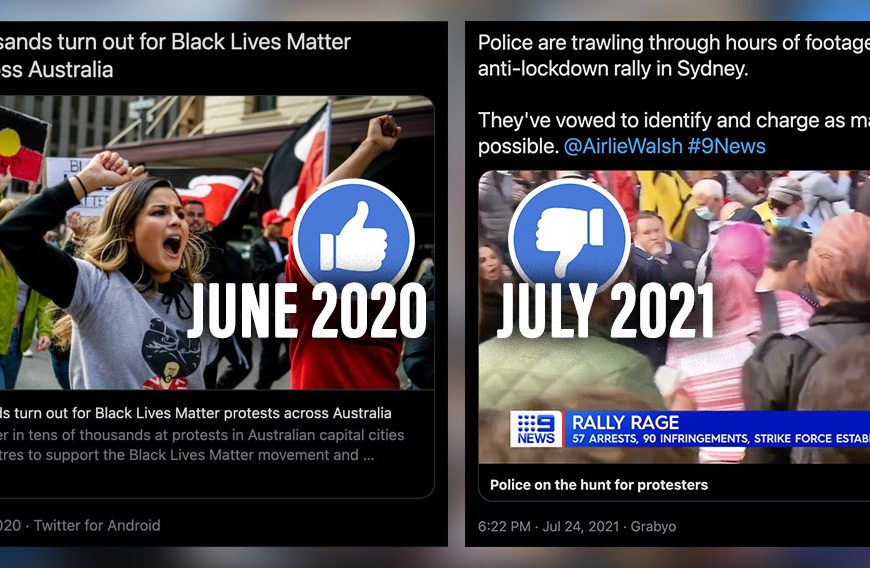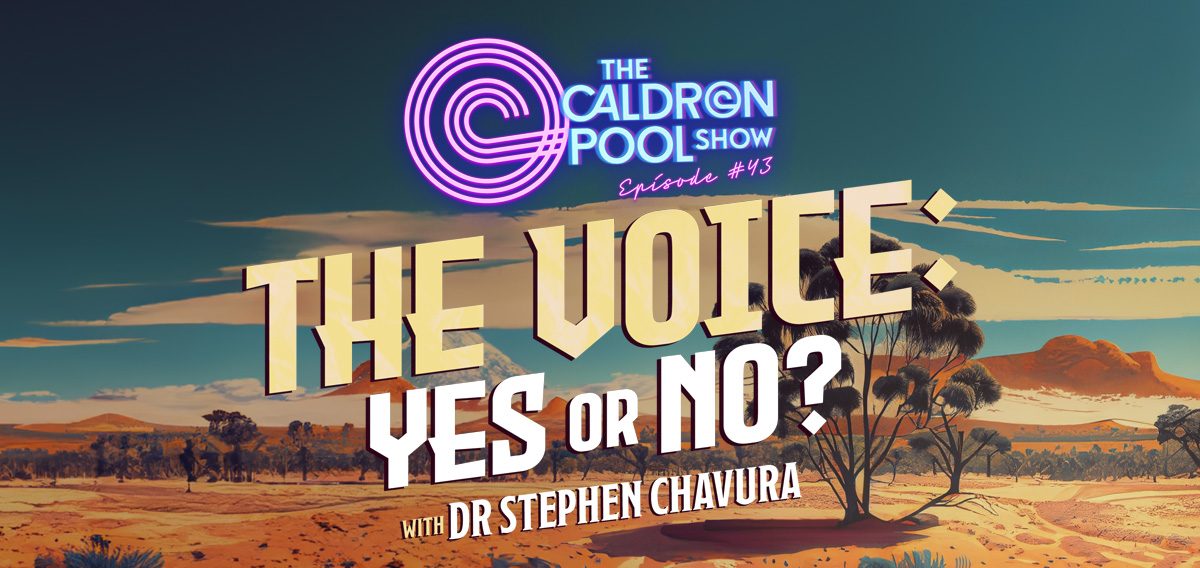When are people going to learn that doing the opposite of what “experts” say is often the right course of action? Those of us who say this do not say it for no reason, it can be a very helpful metric.
News.com.au reports:
Aussies lash out at RBA’s broken promise after claiming there would be no cash rate hikes until 2024
For more than a year, the Reserve Bank kept repeating one crucial claim. Now, it has backflipped – and left countless Aussies out in the cold.
For months on end, the message from the Reserve Bank of Australia was clear – interest rates would not rise until 2024.
That message was repeated time and time again from late 2020 and throughout 2021, as Australia faced the devastating Covid pandemic.
In fact, for most of last year, the RBA issued the same repeated assurance: “The Board will not increase the cash rate until actual inflation is sustainably within the 2 to 3 per cent target range. For this to occur, wages growth will have to be materially higher than it is currently. This will require significant gains in employment and a return to a tight labour market. The Board does not expect these conditions to be met until 2024 at the earliest.”
Countless Aussies took out mortgages over this period, at a time when house prices, and therefore mortgages, had never been more expensive, with many taking those crucial four words – “2024 at the earliest” – into consideration when making such a momentous life decision.
Then, in May this year, disaster struck when the RBA announced the first official interest rate hike since 2010, lifting the cash rate by 25 basis points to 0.35 per cent.
I remember watching this situation with inflation and interest rates in late 2020 and early 2021, especially, and observing how seriously the inflation was hitting the Australian market, particularly houses and cars. I recall saying to family and friends that interest rates are going to go up soon. In fact, I was so sure of this that I made some important decisions based on this observation.
Some of these family and friends would send me articles saying, but they have promised that interest rates would not go down for years. But it was these promises that made me realize, they are about to go up. For a couple of reasons. First, often those in power tell us the opposite of what they are really going to do because they think they know so much better than us on many things. This has always been the way of the elites. Second, the news is not primarily about informing us, but rather more about influencing us.
What is, or is not, reported on is often used to influence how the population acts in certain situations. You have to realize that the elites in our society believe it is part of their job to direct how we live. This has always been the case, and they have many ways of seeking to influence this.
Coming out of rolling lockdowns and closed borders, those in positions of power would have recognized how quickly that could turn into a recession. In such a situation they want people to spend and spend big. Even spend record amounts on house prices or cars, because this flows more money into a stagnating economy.
Money in saving accounts is not useful to a stagnating economy, it may be good for you, but it is not good for key modern economic drivers. It was very clear that prices were increasing too quickly and the only way the powers that be in the West know how to control monetary inflation is via interest rate manipulation. This meant that it was guaranteed that interest rates would be raised sooner, rather than later. I actually expected it to happen late last year, or early this year, and it happened in May.
This is a useful grid for analyzing what you are being told in the media, ask yourself this: how does this benefit those who are telling me this, how does this benefit me, and how does this manipulate my emotions and influence me to act?
If you take the time to do this you will be less swayed by the current media narrative. Once you analyze the media through this framework, you will recognize that people are seeking to direct you far more than they are seeking to inform you. Knowing this one fact, that media is more about influencing you than informing you, allows you to turn it into a valuable source of counter-narrative information.


















